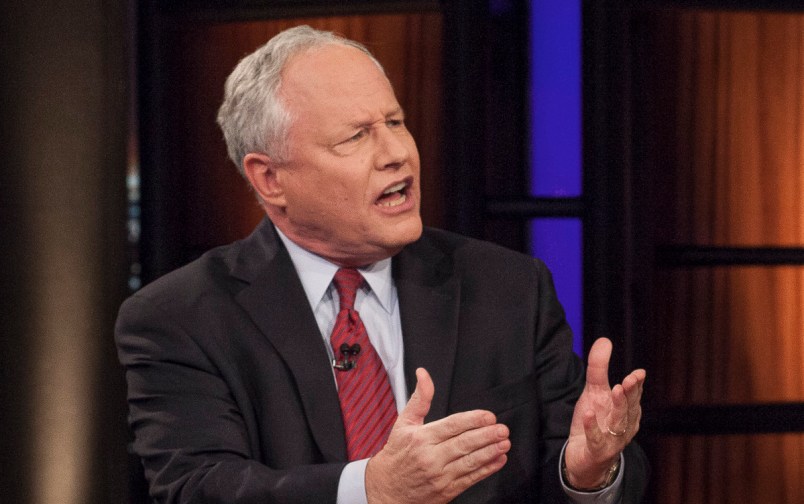I didn’t want to write about The Weekly Standard’s closing until it was official. I was hoping that an angel would descend from the heavens, but it seems that the magazine’s owner, who was eager for the subscriber list for a magazine version of the Washington Examiner, did not want to sell. You ask: Why should I – whose disagreements with the Standard’s editorial stances would fill a short book – care? It has to do with the valuable role that opinion magazines like The Weekly Standard have played in American politics.
The Weekly Standard was part of a tradition of principled political opinion magazines that have been above party and commercial interest. The tradition probably goes back to two publications of the left, The Nation and The New Republic, but it was also followed by William F. Buckley, Jr’s National Review and The Weekly Standard. These publications didn’t follow a party line or slavishly mimic a candidate or president. The New Republic started out as a vehicle for Theodore Roosevelt’s presidential ambitions, but within a year had broken with him. In its first year, The Weekly Standard came out for a Colin Powell presidency. And for the last two years, it has been a leading critic of Republican nominee and President Donald Trump.
Why is this important? Because the role of the political intellectual and journal is to look forward and beyond, not simply to replicate what is. The parties have their spokespeople and their publications. But some publications have to look out for what is best for the national interest rather than that of the Republican or Democratic Party or whatever president is in power. And they have to do so in a responsible and factually-based manner.
The Weekly Standard followed a practice, which was once more common among leftwing or liberal opinion journals, of combining actual reporting with analysis and advocacy. It wasn’t just pundits spouting off or professors opining. You would be hard-pressed –whatever you think of his conclusions – to find better reporting on Europe than Christopher Caldwell did in The Weekly Standard. The culture of the web encourages spouting off by people who really don’t know what they are talking about; and some of the current political magazines, desperate for clicks, have succumbed to the temptation to publish these kind of provocative but empty speculations.
The Weekly Standard also had its moment in history as few other publications have. In the late 1990s and early 2000s, its advocacy of a new brand of neo-conservatism that stressed America’s obligation to transform the world in its image – by force if necessary –contributed significantly to the George W. Bush’s decision to invade Iraq in 2003. The New Republic had its moment in the 1910s; Commentary in the 1950s (when it was the voice of a. new leftwing intelligentsia) and again in the 1970s (when it turned right); National Review in the 1950s and 1960s when it laid the basis for Republican conservatism. There aren’t a lot of other examples. To do this, a magazine has to be beyond party or narrow interest. It can’t worry about its immediate popularity or about advertisers or about whether the Secretary of Interior is a subscriber.
The Weekly Standard lost its seminal role as the invasion of Iraq spiraled into chaos, but who knows? In standing against the depredations and sometimes lunacy of the Trump administration, The Weekly Standard, along with National Review, American Affairs and The American Conservative, could have been laying the basis for a more sane and constructive conservatism. Not anymore. And although one can hope, I don’t suspect that the Washington Examiner, a publication that travels more closely to prevailing administration opinion, and that is owned by a company committed to profit, will play that kind of role.






